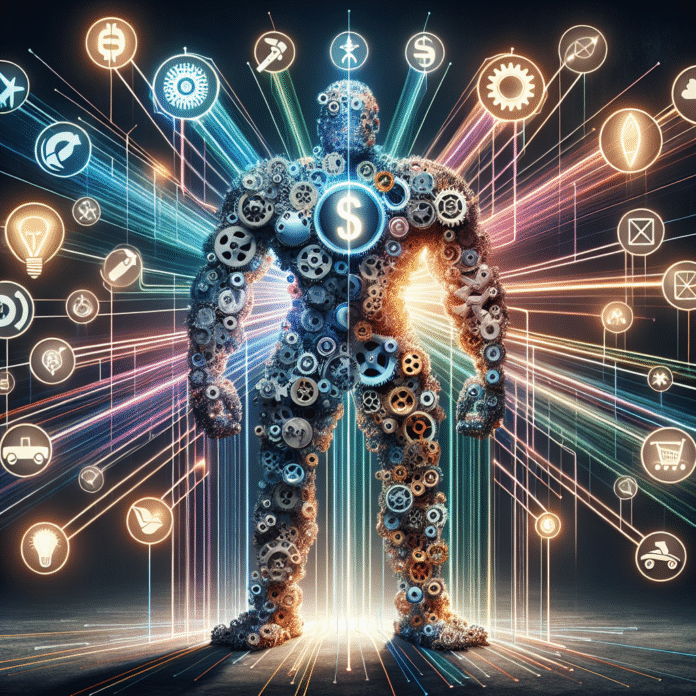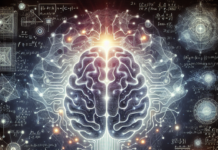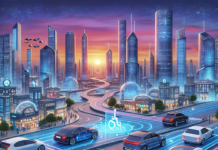The AI Revolution: How Machine Learning is Transforming Every Industry
The rise of artificial intelligence (AI) and machine learning (ML) has ushered in a new era of technological advancement, impacting every facet of our lives—from how businesses operate to how we interact with the world around us. As we stand at the forefront of the AI revolution, it’s clear that machine learning is not just a novelty but a transformative force reshaping industries and redefining possibilities.
Understanding Machine Learning
Machine learning, a subset of AI, enables computer systems to learn from data and improve their performance over time without being explicitly programmed. By utilizing algorithms, ML systems can identify patterns, make decisions, and predict outcomes, making them invaluable tools across various sectors.
Transforming Industries: Key Areas of Impact
1. Healthcare
In the healthcare industry, machine learning algorithms analyze vast datasets to enhance diagnostics, personalize treatment plans, and predict patient outcomes. Technologies powered by ML can identify diseases earlier than traditional methods and facilitate the development of targeted therapies. Companies are leveraging predictive analytics to improve patient management, optimize hospital operations, and even help in drug discovery.
2. Finance
The finance sector is witnessing a paradigm shift with machine learning models that can detect fraudulent transactions in real-time and conduct risk assessments for loans. Algorithmic trading, driven by sophisticated ML techniques, is enabling faster and more informed investment decisions. Furthermore, personalized financial advice is becoming more accessible through AI-driven robo-advisors.
3. Retail
Retail giants are employing machine learning for inventory management, demand forecasting, and enhancing customer experiences. By analyzing consumer behavior, retailers can personalize marketing strategies and improve customer service. Recommendations engines, driven by ML, analyze past purchase behavior to suggest products tailored to individual preferences.
4. Manufacturing
The manufacturing industry benefits significantly from predictive maintenance strategies powered by machine learning. By analyzing equipment data, companies can anticipate failures and reduce downtime. Automation and robotics, reinforced by ML, are optimizing production processes and improving efficiency, ultimately reducing costs.
5. Transportation and Logistics
From autonomous vehicles to optimized delivery routes, machine learning is revolutionizing the transportation and logistics sector. Real-time data analysis enables companies to manage fleets more efficiently and adapt to changing conditions while improving safety protocols. Moreover, AI-driven supply chain optimization is leading to reduced costs and enhanced customer satisfaction.
6. Agriculture
Agriculture is also reaping the benefits of machine learning. Farmers are using ML algorithms to analyze weather patterns, soil health, and crop performance, enabling them to make data-driven decisions. Precision agriculture enhanced by AI technologies is leading to increased yields while minimizing waste and resource consumption.
7. Education
In education, machine learning is personalizing learning experiences for students. Adaptive learning platforms assess individual learning paces and preferences, tailoring educational content accordingly. Additionally, analytics tools evaluate student performance, allowing educators to identify at-risk students early and provide targeted interventions.
8. Marketing and Advertising
Marketing strategies are becoming more data-driven with machine learning algorithms enabling companies to understand consumer behavior better. By analyzing social media trends and user interactions, businesses can create highly targeted campaigns. Moreover, chatbots powered by AI are transforming customer engagement, offering 24/7 support and improving the overall customer experience.
9. Energy Sector
The energy sector is leveraging ML for predictive maintenance of equipment and optimizing energy consumption patterns. Smart grids use AI to manage electricity distribution more efficiently, integrating renewable energy sources and reducing carbon footprints.
The Future of Machine Learning
As AI and machine learning technologies continue to evolve, their applications will only expand, offering groundbreaking solutions to complex challenges. However, with these advancements come ethical considerations and the need for responsible AI practices. Ensuring fairness, transparency, and accountability in AI systems will be crucial as different industries adopt these technologies more widely.
Conclusion
The AI revolution is not just about technological advancement; it’s a profound shift that is reshaping the foundation of industries and influencing our daily lives. As machine learning continues to mature, we can expect even greater innovations that will enhance productivity, drive efficiency, and ultimately better our societies. Embracing this change will require agility, foresight, and a commitment to responsible development, ensuring that the benefits of AI are accessible to all.







